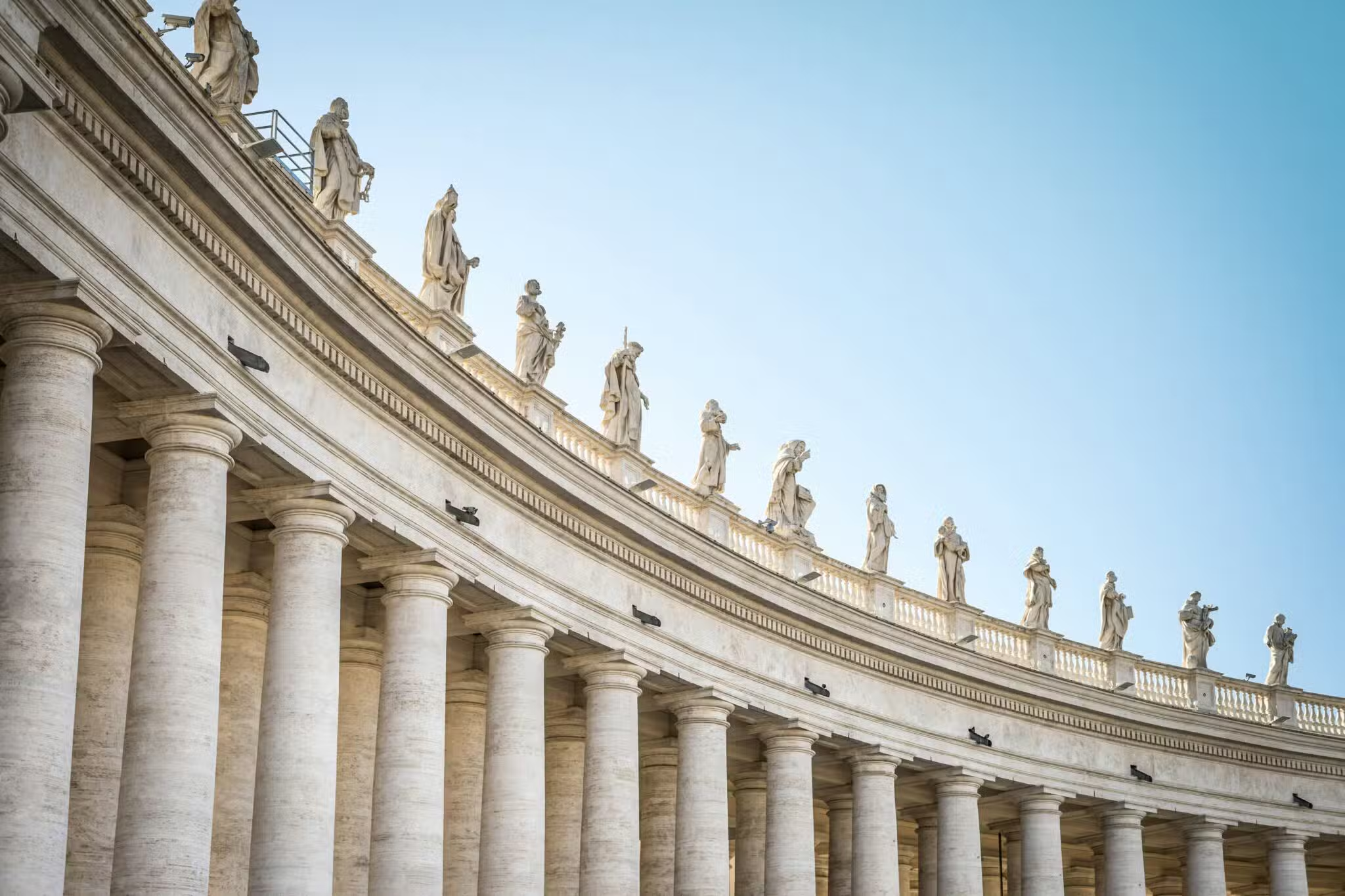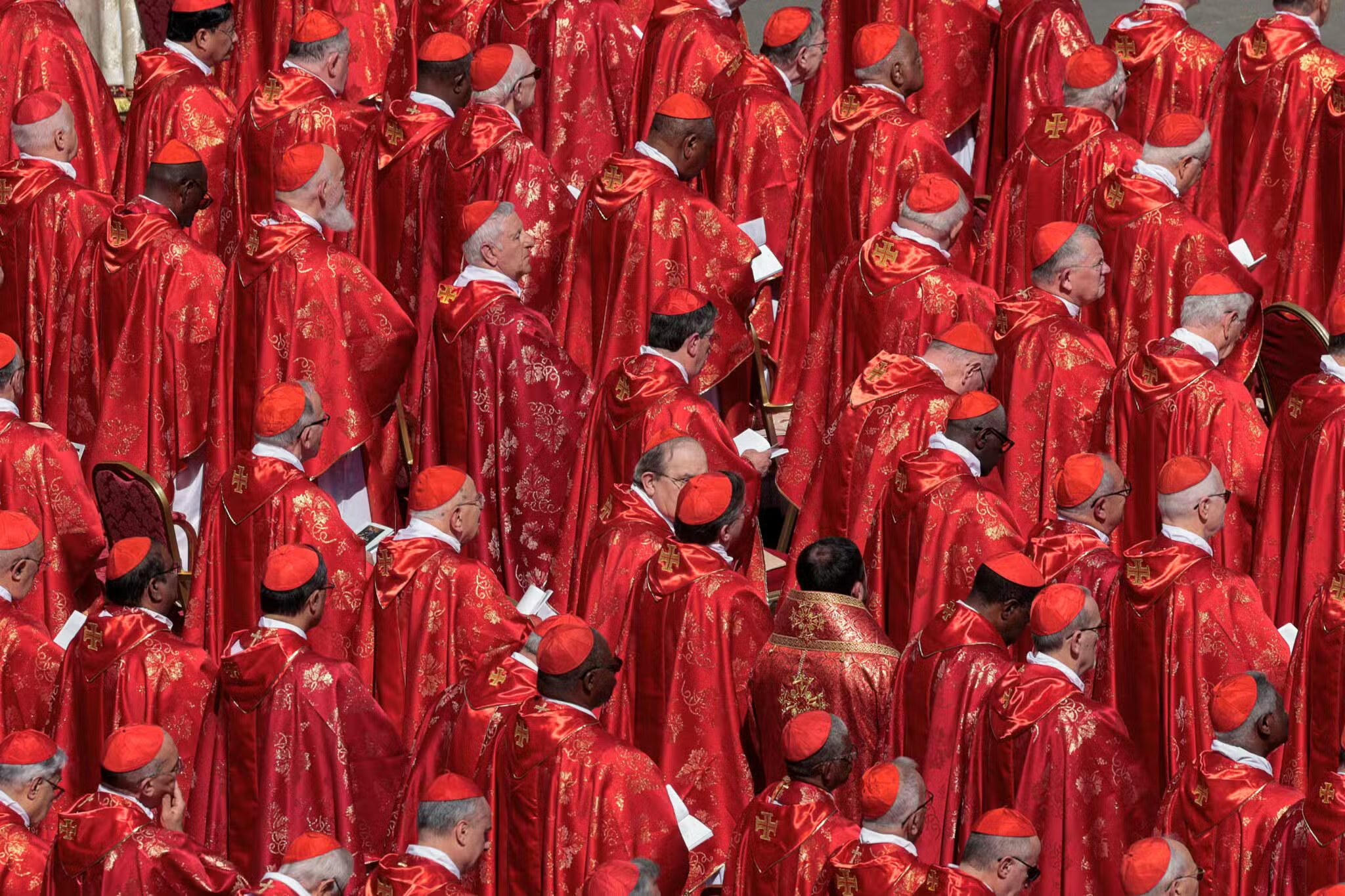I don’t read a lot of poetry, but I do have a favorite author and one who is deeply appreciated by many: Emily Dickinson. She lived in Amherst, Massachusetts, in the latter part of the 19th century. She was shy and lived a very reclusive life. During her 55 years, she wrote over 1,500 poems which were filled with simple wisdom. Two examples of such wisdom: “Old age comes on suddenly, not gradually as it thought” and “Saying nothing sometimes says the most.”
Only a few dozen of her poems were published in her lifetime. When she died, her family found hundreds more hidden all over her room and throughout the house. I have found two of her poems supremely thoughtful. In fact, I frequently quote them in my funeral homilies. The first one I use is “I Never Saw a Moor.”
“I never saw a moor; I never saw the sea;
Yet know I how the heather looks and what a wave must be.
I never spoke with God nor visited in heaven,
Yet, certain am I of the spot, as if the chart were given.”
Deep, Simple Truths
I catch people smiling when they hear Dickinson’s words because they touch on a truth that is in every believer’s heart. Isn’t it true that we’ve never seen heaven or had an audible conversations with God? Yet, as a people of faith, are we not certain of that heavenly “spot” as if we had a very map in front of us?
If you argued with a nonbeliever who begged you to prove there was an eternal destiny, you might find yourself fumbling for Scripture passages to prove heaven to him. But I suspect after all the Scripture passages we might quote, what would likely make the nonbeliever think more deeply would be a line from one of Dickinson’s poems: “I’m certain of that spot; it’s like I have a map right in front of me.”
There is another poem she wrote that startles with its simple truth.
“Because I could not stop for Death–
He kindly stopped for me–
The Carriage held but just Ourselves–
And Immortality.”
While most of us secretly hope for a peaceful death with loved ones surrounding us, for the majority, it is not we who “stop to die,” but death which stops for us. And within that carriage, in the seat across from us, sits immortality, with a lovely smile.
What I see in this poem is really a basic truth of faith. Once God gives life, it never ends. It can’t end because our lives are a sharing in the eternal life of God. The moment of death is just the last piece of mosaic that completes the story of our life’s journey. And every moment of that journey has been accompanied by a loving and providential God.
Dickinson said that she never went to church. She said that the birds were her choir and the sky her cathedral vault. But one thing is quite certain: She was a woman of deep faith.








